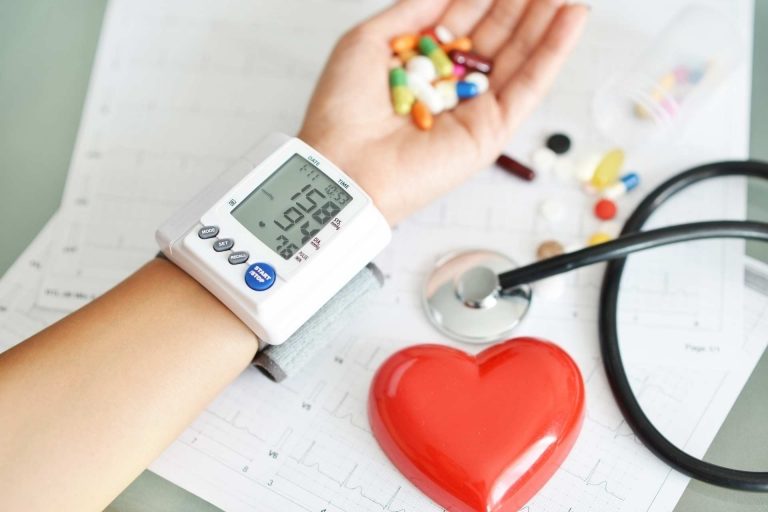
Teaching Your Kids to Behave: 5 Positive Discipline Strategies for Every Parent
Discover the benefits of positive discipline and learn effective techniques for teaching your kids good behavior without punishment. Raise well-behaved kids with positive reinforcement strategies.




Comment (1)
Nafla Faneeka
my 9-year-old daughter was diagnosed with severe hypertension and had an episode of hypertension emergency (BP240/170)
still, doctors couldn’t evaluate the cause of hypertension Her kidney functions are normal. Eco is normal but ECG shows some ectopic and bradycardia. NCT brain is normal. does not show any endocrine reasons, renal artery angiogram was positive but DSA was normal. The spleen and other organs appear normal in size. just the left kidney is slightly small no flow limits. the artery has been divided into 2 branches, supplying blood to left kidney.